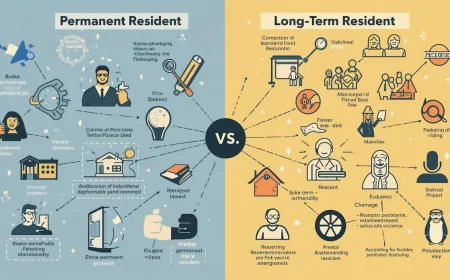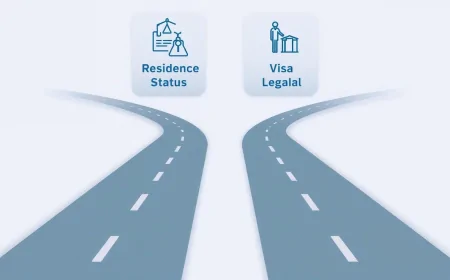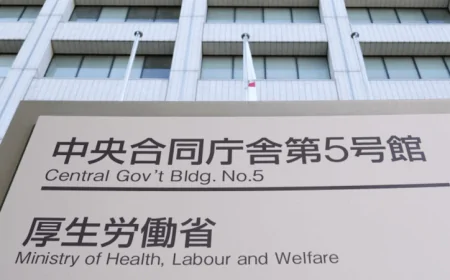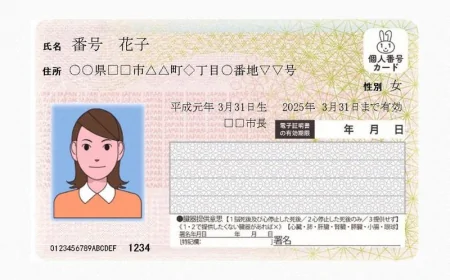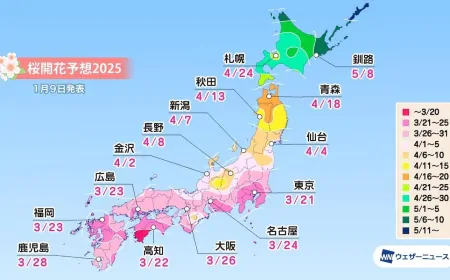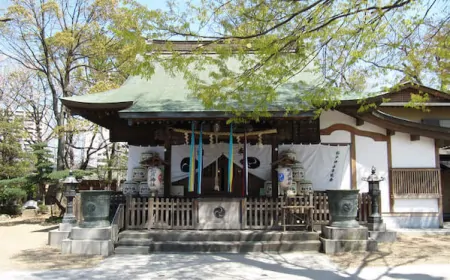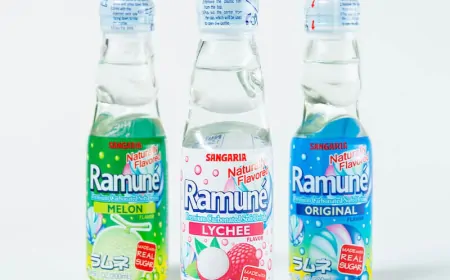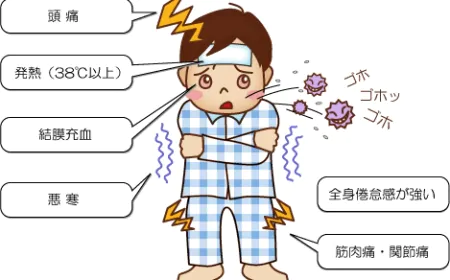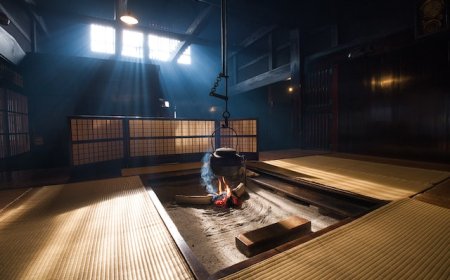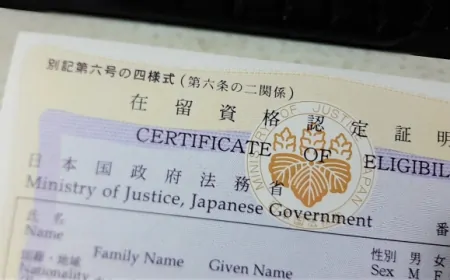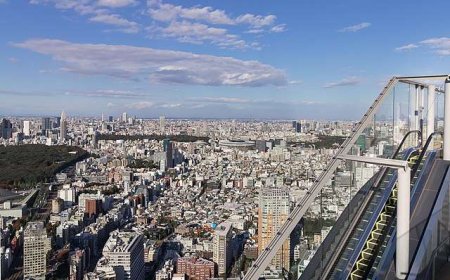A clear explanation of the differences between residence status and visas
Do you understand the difference between a visa and residence status? This article provides a clear explanation of the types of residence status available in Japan, how to obtain them, and important points to note. A must-read for foreigners!
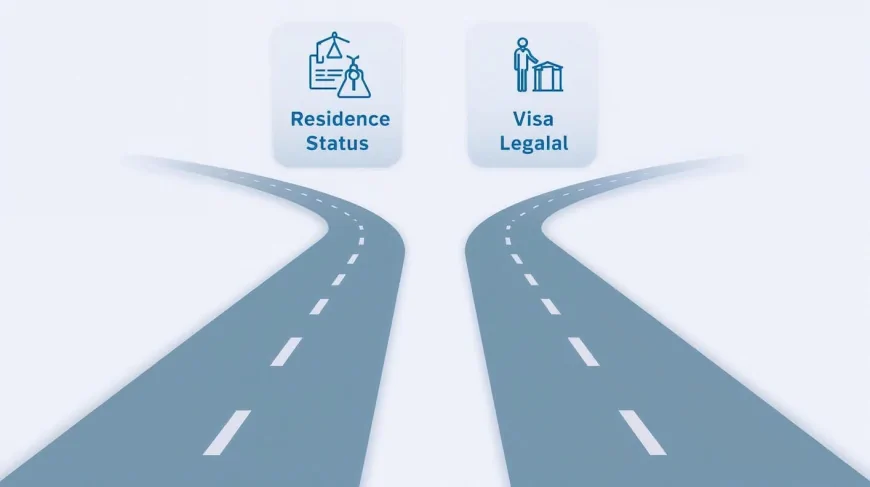
While living in Japan, you often hear the terms "visa" and "residence status." However, surprisingly few people can accurately explain the meaning of these two terms. In fact, visas and residence statuses serve completely different purposes.
This article provides a simple explanation of the difference between "visas" and "residence statuses," which are required for foreigners to enter and stay in Japan.
What is a visa?: Your "key to entry" into Japan
A visa is a permit required to enter Japan.
It is issued by a Japanese embassy or consulate (under the jurisdiction of the Ministry of Foreign Affairs) and serves as a document certifying that "this person has no problems entering Japan."
- Issuing Agency: Japanese Embassy/Consulate (Overseas)
- Validity Period: Usually 3 months
- Function: Your "key" for passing immigration inspection
In other words, a visa is your key to opening the door to Japan. Once you enter the country, the visa itself serves no purpose.
What is a Residence Status?: "Permission to Live" in Japan
A "residence status" determines the activities foreigners are permitted to engage in after entering the country.
This is administered by the Immigration Services Agency (under the Ministry of Justice).
For example:
- Work
- Attending school
- Marrying and living with a Japanese person
The residence status you can obtain varies depending on the type of activity.
Key Points about Residence Status
- The type of residence status is determined by the type of activity and occupation.
- Limited time limit (15 days to 5 years)
- Extension (renewal) required
- Listed on your "Residence Card"
Simply put, residence status is a rule that dictates "what you are permitted to do in Japan."
Main Types of Residence Status
① Employment-Based (Work Status)
This type of residence status allows you to work in specific occupations.
- Engineer/Specialist in Humanities/International Services
- Skilled Worker
- Specified Skilled Worker
- Business Manager
Note: Working outside the scope of your occupation will violate your residence status.
② Status-Based (Family/Permanent Resident)
Status-Based (Spouse/Child)
Status-based, such as family or marriage.
- Spouse or Child of a Japanese National
- Permanent Resident
- Long-Term Resident
→ No work restrictions, allowing you to work in any field.
③ Non-Employment-Based (Study/Residence)
Status for which work is not the primary purpose.
- Study Abroad
- Dependent Stay
- Cultural Activities
- Temporary Visitor
→ If you wish to work part-time, you will need "Permission to Engage in Activities Other Than Those Permitted Under the Status of Residence Previously Granted."
Important Points and Common Mistakes
- Do not work outside the scope of your residence status!
Example: An international student working more than 28 hours a week is a violation. - Always carry your residence card with you.
Loss or forged cards are subject to severe penalties. - Be careful not to misuse the word "visa."
In everyday conversation, it's referred to as a "work visa," but the correct term is "Resident Status: Engineer/Specialist in Humanities/International Services."
Injavi Advice
Your residence status is an important status that supports your "life in Japan."
If you forget to renew your status or work beyond the scope of your activities, it will affect your future permanent residence application or job change.
- Proceed with early renewal procedures.
- Work with the correct status.
- If you have any questions, consult a specialist agency or administrative scrivener.
Keep these points in mind to enjoy a safe and comfortable life in Japan!
A "visa" is the key to entering Japan, and a "resident status" is the rule for living in Japan. Understand the differences and continue living in Japan with peace of mind.
Related Products











